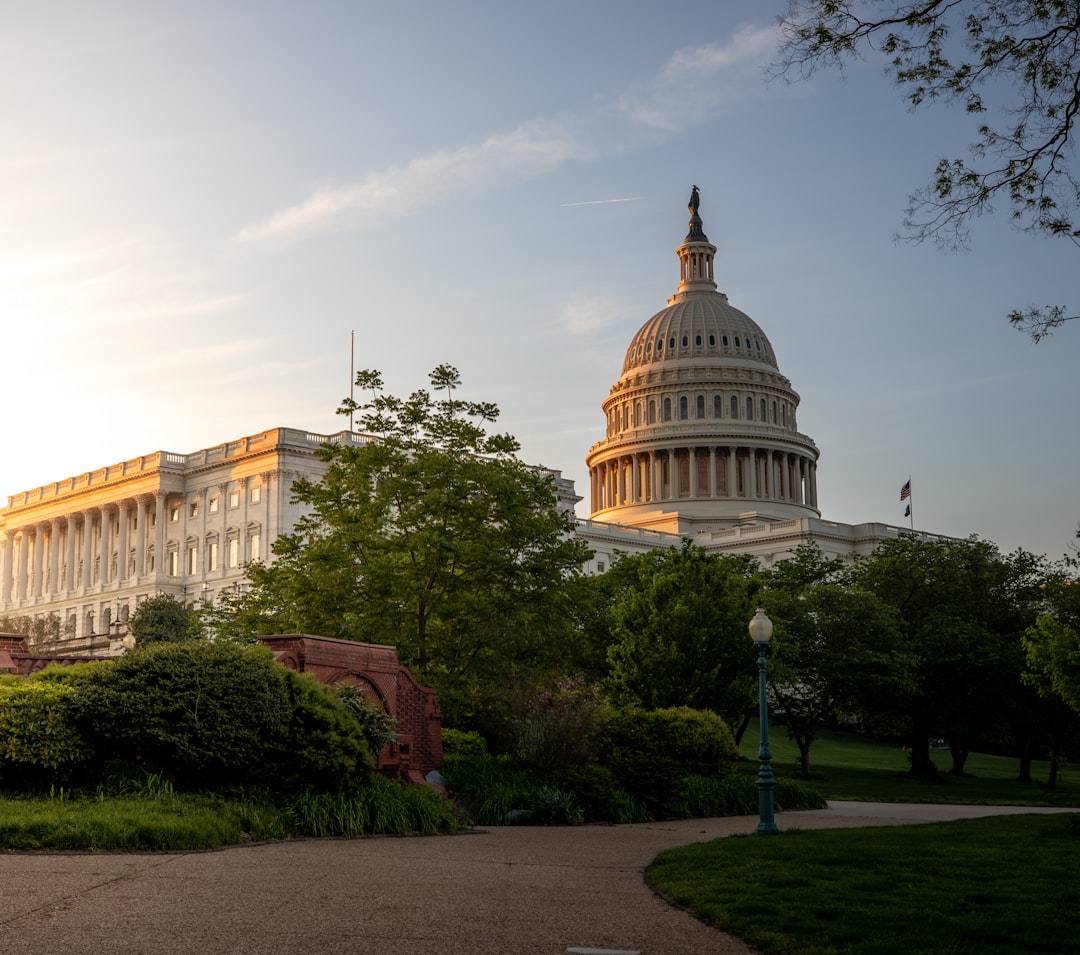The Interplay of Sports Governance, Corruption, and Youth Voting: A Crucial Civic Issue
Nathan Han
Sports have long been cherished for their ability to bring communities together, promote physical fitness, and instill valuable life skills in young athletes. However, the backdrop of sports governance and corruption casts a massive shadow over these cherished activities, raising significant concerns about ethics, transparency, and fair play (UNODC). As citizens, it is essential for young people to recognize the importance of sports as a civic issue and understand its pressing connection to youth voting. The civic issue of sports governance and corruption is a matter that demands immediate action; therefore, we should actively participate in democratic processes such as youth voting that can help combat corruption and promote transparency.
Sports governance is the systems, structures, and processes put in place to manage sports organizations and events. It involves decision-making, rule setting, and the allocation of resources. Sports corruption specifically can manifest in various forms, including match-fixing, bribery of officials, doping scandals, etc. When young athletes witness corruption within the sporting world, it can lead to disillusionment and a loss of trust in the system. In a research paper by Christina Phillippou, a Principal Lecturer in Accounting, Economics, and Finance in the Faculty of Business and Law, she describes how such corruption not only erodes the trust of fans but also impacts the credibility and fairness of sports competitions (Philippou).
Sports corruption has far reaching consequences for society at large. For one, corruption in sports often exacerbates existing inequalities, as the benefit of sports development may not reach underserved communities with limited resources. Secondly, Adam Masters, a researcher from the Australian National University, claims corruption can lead to financial losses, which divert funds from vital community programs and infrastructure (Masters). Along with this, there are major ethical considerations with sports corruption. For example, match fixing, doping, bribery, and illegal betting, all manipulate the integrity of sports events for personal gain.

It is important as citizens that we combat this pressing issue, in order to safeguard the future of sports for generations to come. Youth voting allows young people to elect transparent leaders, who prioritize sports governance and corruption, and thus prioritize an ethical society at large. These elected representatives can in turn play a crucial role in shaping sports policies and regulations. Engaging in democratic process can also help provide young people with a platform to advocate for reform. By fostering a culture of civic responsibility and participation, we pave the way for a brighter and more equitable sporting landscape.



